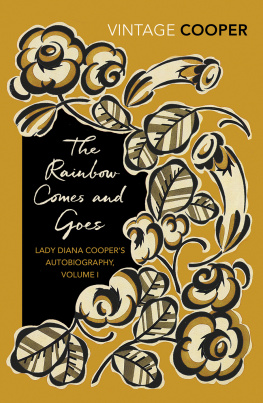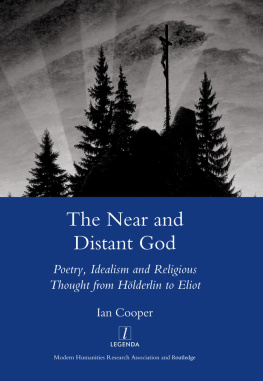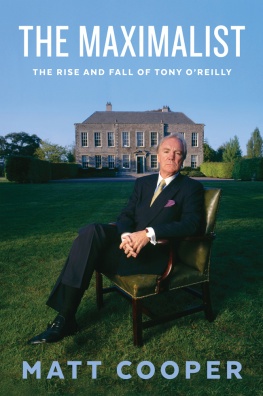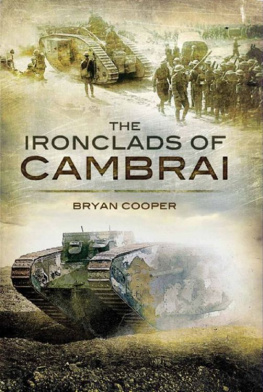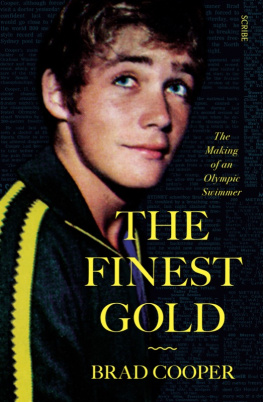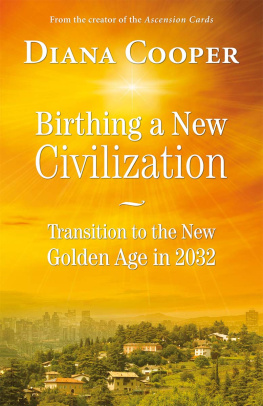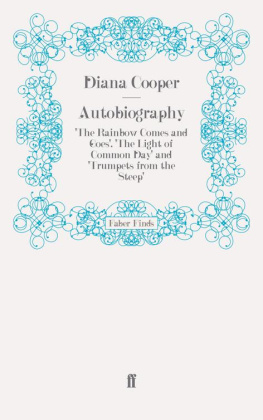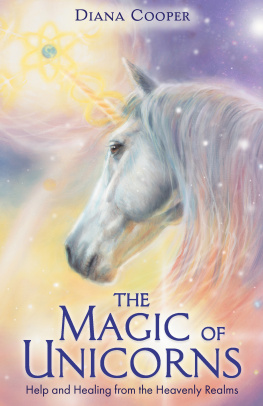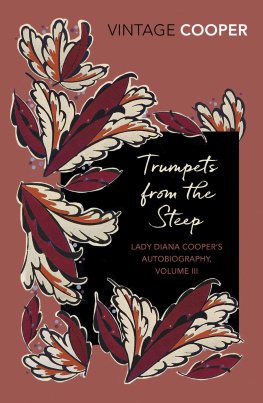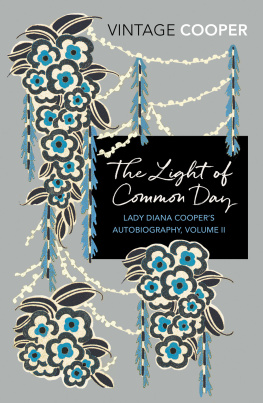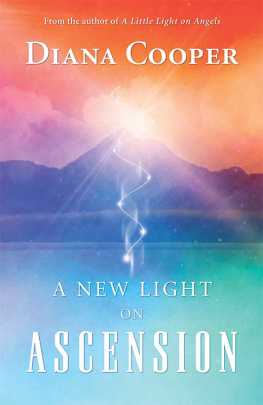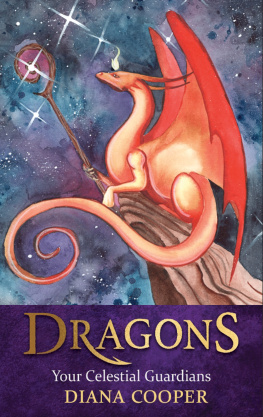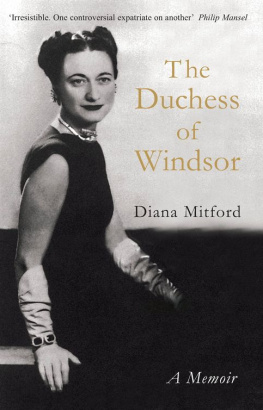Cooper - The Rainbow Comes and Goes
Here you can read online Cooper - The Rainbow Comes and Goes full text of the book (entire story) in english for free. Download pdf and epub, get meaning, cover and reviews about this ebook. City: Great Britain, year: 2018, publisher: Random House;Vintage, genre: Non-fiction. Description of the work, (preface) as well as reviews are available. Best literature library LitArk.com created for fans of good reading and offers a wide selection of genres:
Romance novel
Science fiction
Adventure
Detective
Science
History
Home and family
Prose
Art
Politics
Computer
Non-fiction
Religion
Business
Children
Humor
Choose a favorite category and find really read worthwhile books. Enjoy immersion in the world of imagination, feel the emotions of the characters or learn something new for yourself, make an fascinating discovery.
- Book:The Rainbow Comes and Goes
- Author:
- Publisher:Random House;Vintage
- Genre:
- Year:2018
- City:Great Britain
- Rating:3 / 5
- Favourites:Add to favourites
- Your mark:
- 60
- 1
- 2
- 3
- 4
- 5
The Rainbow Comes and Goes: summary, description and annotation
We offer to read an annotation, description, summary or preface (depends on what the author of the book "The Rainbow Comes and Goes" wrote himself). If you haven't found the necessary information about the book — write in the comments, we will try to find it.
The Rainbow Comes and Goes — read online for free the complete book (whole text) full work
Below is the text of the book, divided by pages. System saving the place of the last page read, allows you to conveniently read the book "The Rainbow Comes and Goes" online for free, without having to search again every time where you left off. Put a bookmark, and you can go to the page where you finished reading at any time.
Font size:
Interval:
Bookmark:
Lady Diana Cooper was born on 29 August 1892. She married Alfred Duff Cooper, DSO, who became one of the Second World Wars key politicians. Her startling beauty resulted in her playing the lead in two silent films and then Max Reinhardts The Miracle. In 1944, following the Liberation of Paris, the couple moved into the British Embassy in Paris. They then retired to a house at Chantilly just outside Paris. After Duffs death in 1954 Diana remained there till 1960, when she moved back to London. She died in 1986.
The Light of Common Day
Trumpets from the Steep
Comes and Goes

This ebook is copyright material and must not be copied, reproduced, transferred, distributed, leased, licensed or publicly performed or used in any way except as specifically permitted in writing by the publishers, as allowed under the terms and conditions under which it was purchased or as strictly permitted by applicable copyright law. Any unauthorized distribution or use of this text may be a direct infringement of the authors and publishers rights and those responsible may be liable in law accordingly.
Epub ISBN: 9781473549104
Version 1.0
1 3 5 7 9 10 8 6 4 2
VINTAGE
20 Vauxhall Bridge Road,
London SW1V 2SA
Vintage is part of the Penguin Random House group of companies whose addresses can be found at global.penguinrandomhouse.com.

Copyright Diana Cooper 1958
Cover Illustration from Fromes et Couleurs by Aug H. Thomas
Diana Cooper has asserted her right to be identified as the author of this Work in accordance with the Copyright, Designs and Patents Act 1988
First published in Great Britain by Rupert Hart-Davis in 1958
This edition reissued by Vintage in 2018
penguin.co.uk/vintage
A CIP catalogue record for this book is available from the British Library
To John Julius
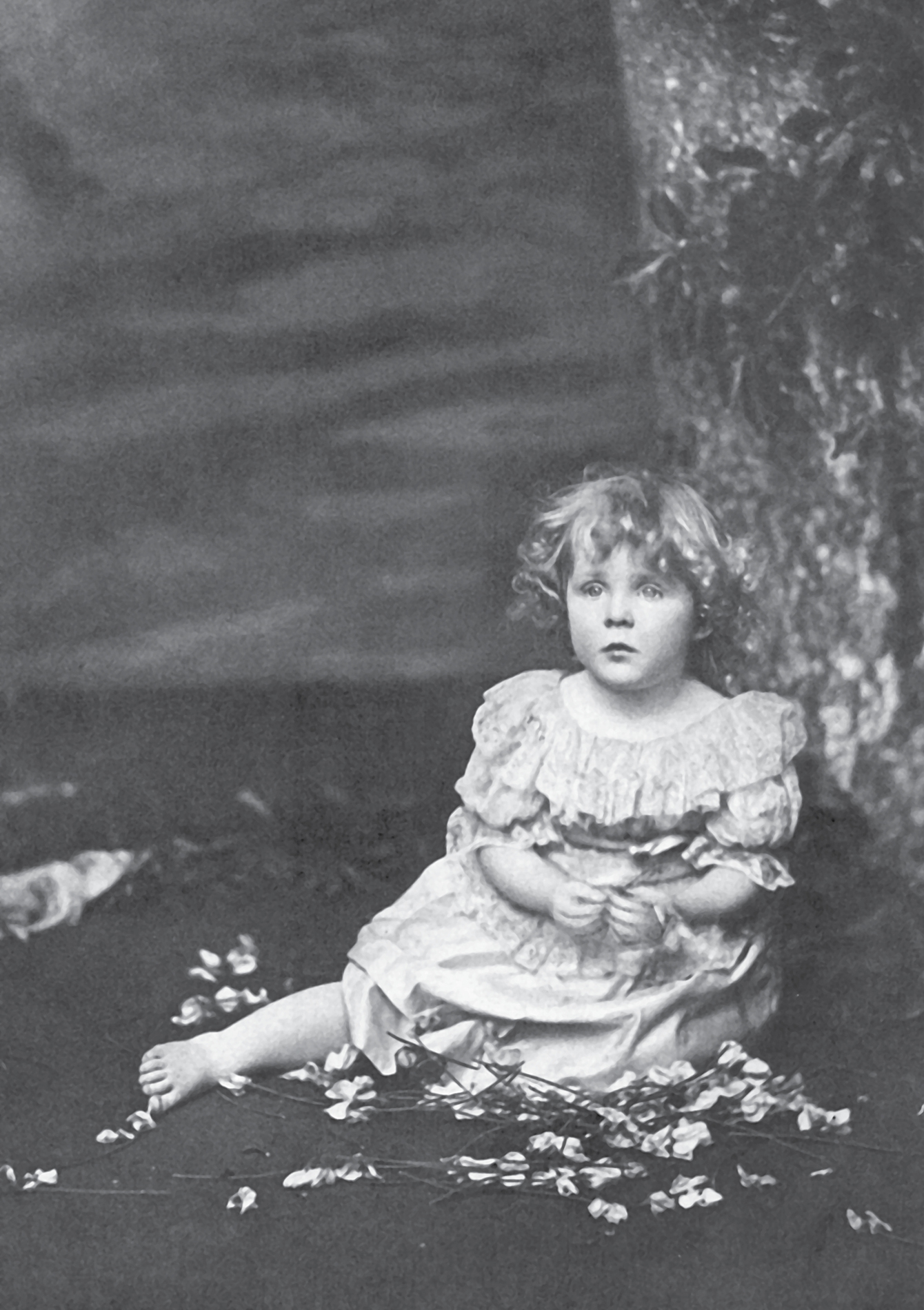
The celestial light shone most brightly at Cockayne Hatley, a house in Bedfordshire that must always be remembered as the place where the clouds cast no shadows but were always fleecy white, where grass was greener and taller, strawberries bigger and more plentiful, and above all where garden and woods, the house and the family, the servants and villagers, would never change. It was a rather ugly house, verandahed and ivied, which my father had taken, not as I thought for eternity but for perhaps ten years, to house his family of two sons and three daughters. We had grown too big for our London house, 23a Bruton Street, where I was born. (It still stands, unrecognisable with its discreet front door replaced by blatant shop-windows. Not long ago, walking home after dinner in Hill Street, I followed a fire-engine for the first time in my life. It led me to the house of my birth burning brightly, and in the crowd I came shoulder to shoulder with my brother.)
Hatley was an unpretentious house and my mother, I think, did nothing much to improve it. There were assegais in the hall and a gong to say that meals were ready, and a dark dining-room with the Marly horses in black bronze on the chimney-piece. It was a room into which I scarcely went except to say good morning to my father eating his breakfast alone, and to be given a minute tidbit of his roll spread with butter and marmalade, and on occasions such as snapdragon at Christmas or when my father showed his magic lantern. Two or three times a year the children and household were given this double treat of magic and contretemps the burnt finger, the appalling smell of multiple substances burning, the upside-down pictures, the reliable sameness of the slides. These never changed, any more than did the servants, who must have wearied of the programme. All fathers of the nineties had magic lanterns and slides of the Zoo and the Houses of Parliament and Niagara, but we thought ourselves unique and superior by having one only one of Father himself and my eldest sister Marjorie, taken in Scotland, with a background of moors.
The drawing-room had a palm and a draped grand piano and three big windows, whose blue curtains were seldom hung in the summer, as they had to be laid out on the lawn to get their inartistic brightness faded by the eternal Hatley sunshine. There were screens and faded red chintz-covered sofas and down-at-castor chairs and an ottoman, and pictures of Cust ancestors and children (the house was owned by Lord Brownlow). There were white fur rugs in profusion, my mothers touch and a happy one, for children to roll upon, with a more interesting smell than the common knee-excoriating carpet. There was a little room, used only for the Christmas tree, and there was my fathers study, well lined with books and giving on to the garden, into which jutted a glass palm-filled bubble. Today we can admire a Victorian conservatory, but my Pre-Raphaelite mother would have none of it.
Upstairs the house wandered without sense through passages and baize swing-doors, different levels and wings, with no symmetry or plan but to my childs reason the true design. There was the schoolroom wing and the nurseries. The schoolroom was ruled by Deborah Metzker, a squat, flat-slippered, manly woman, severe and orderly, with no give, few smiles and no caresses, but Debby was loved by Marjorie and our brothers Haddon and John. When I was three they were respectively fourteen, eleven and nine. There was an age-bar that allowed us to mix only very occasionally, although the next child, my sister Letty, was already seven. Sometimes the nursery would visit the schoolroom and be impressed by its age and intelligence, its aviary of canaries and bullfinches and its many pugs, the only breed of dog considered safe with children. Sitting there one day at tea, high in my mothers arms, I remember looking down on the sad fair face of my brother Haddon. Soon after he was to die and cause my mother such an anguish of grief that she withdrew into a studio in London, where in her dreadful pain she was able to sculpt a recumbent figure of her dead son. Cut in marble it now lies in the chapel at Haddon Hall, and the plaster cast, which I think more beautiful as being the work of her own hand, is in the Tate Gallery. All her artistic soul went into this tomb, and critics of fifty years later, their vision, values and perspective deformed or reformed by Henry Moore, have bowed to the truth and beauty of what she created. My mother did not live to mourn the death of her other children. She used to tell me at eighty how the thought of this dead child could hurt her as keenly as ever, but that the thought grew ever rarer.
The schoolroom visited the nursery only when they were dressed as musketeers or Romans or clowns and were desperate for an audience. The nursery did not have pets. It had Nanny, who was all and everything. She looked like a little dried-up monkey. I thought her most lovely. Her eyes were blue and almost met, the pink of her cheeks was broken veins; her hair she dealt with once a week with a sponge and some dark liquid in a saucer which resulted in an unsuccessful brown-black; her teeth were long by nature, her body a mummys bones. She took her bath every morning behind the nursery screen on which Walter Cranes Sleeping Beauty, Yellow Dwarf, Beauty and the Beast, etc. were pasted. I was given a Marie biscuit to allay my curiosity and never did I peer through the screen chinks. Nanny always wore black, winter and summer a bodice and skirt made of stuff. On her head she wore for the Park a minute black bonnet that just covered the top of her dear head, moored down with strong black velvet ribbons tied beneath her chin. I loved her dearly, because I was an affectionate, incurious, unenquiring child, so that it seemed only natural that I should not be allowed to take a toy in my perambulator to the Park, or my doll to the garden, and that Nanny would never cuddle or comfort me. Nor did she ever play with me. She sat always at the plain deal nursery table mending our clothes and darning her own stockings on an egg.
Font size:
Interval:
Bookmark:
Similar books «The Rainbow Comes and Goes»
Look at similar books to The Rainbow Comes and Goes. We have selected literature similar in name and meaning in the hope of providing readers with more options to find new, interesting, not yet read works.
Discussion, reviews of the book The Rainbow Comes and Goes and just readers' own opinions. Leave your comments, write what you think about the work, its meaning or the main characters. Specify what exactly you liked and what you didn't like, and why you think so.

